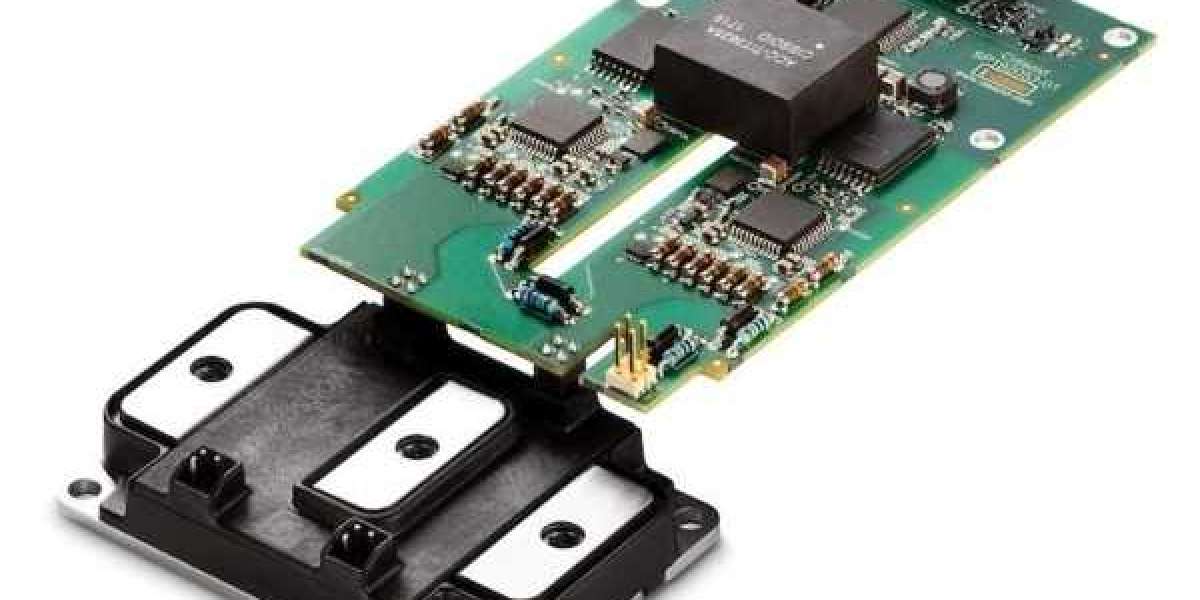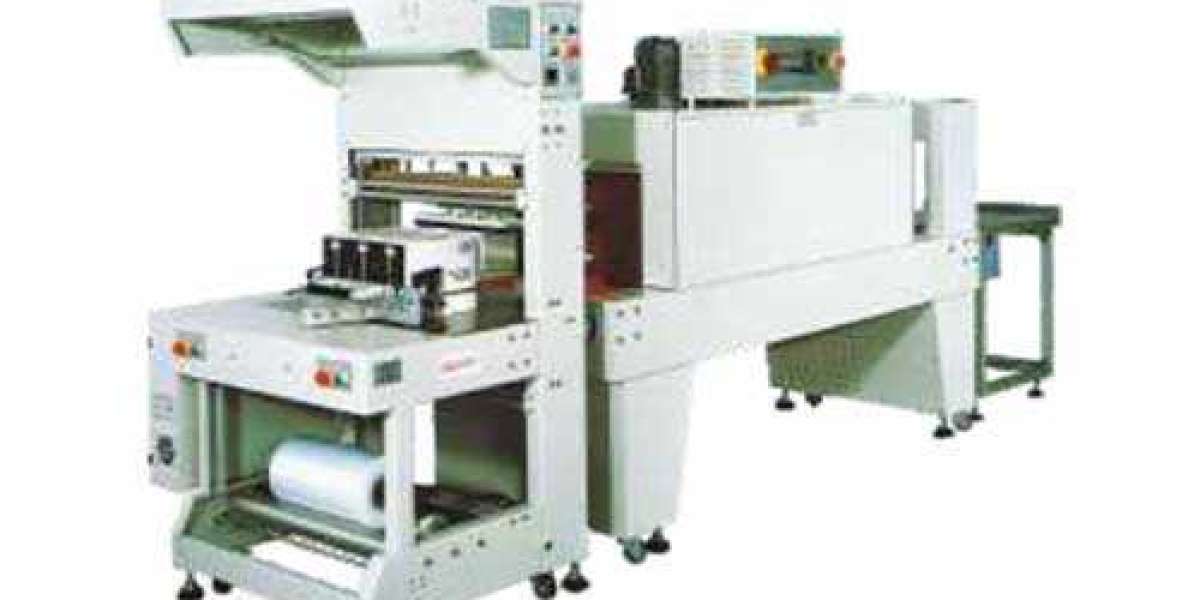The global lab-on-a-chip (LoC) market, valued at USD 8.0 billion in 2022, is anticipated to reach USD 20.7 billion by 2031, advancing at a compound annual growth rate (CAGR) of 11.2% from 2023 to 2031. This growth is driven by several key factors, including the rising prevalence of chronic diseases and the increasing demand for personalized medical devices. Lab-on-a-chip technology, which integrates multiple laboratory functions on a single chip, is revolutionizing the fields of diagnostics, genomics, proteomics, and drug discovery by offering rapid, accurate, and cost-effective solutions.
The increasing prevalence of chronic diseases, particularly among the growing geriatric population, is a significant driver for the LoC market. Chronic conditions such as diabetes, heart disease, and cancer are placing a substantial burden on healthcare systems worldwide. Lab-on-a-chip devices offer precise and swift diagnostic results, making them invaluable in managing these diseases. For instance, these devices are used to detect HIV infections, chronic kidney diseases, and even early stages of oral cancer, thereby improving patient outcomes through early intervention.
The surge in demand for personalized medicine also fuels the lab-on-a-chip market. Personalized medicine relies on precise and rapid diagnostics to tailor treatments to individual patients, enhancing therapeutic efficacy and reducing adverse effects. Lab-on-a-chip technology, with its ability to perform multiple laboratory assays on a microscale, is ideally suited for this purpose. These devices not only expedite diagnostic processes but also reduce reagent volumes and overall costs, making healthcare more accessible and efficient.
Get Sample PDF Copy: https://shortlink.uk/H7wL
Geographically, North America dominated the global lab-on-a-chip market in 2022, driven by the widespread adoption of microfluidic systems in the pharmaceutical, diagnostic, and clinical sectors. The U.S. leads the region due to its advanced healthcare infrastructure and the cost-effectiveness of LoC technologies. Meanwhile, the Asia Pacific region is poised for steady growth from 2023 to 2031, thanks to the expansion of healthcare infrastructure and the increasing popularity of conventional diagnostic laboratories. Europe, particularly the U.K., is also expected to witness significant market growth due to the commercialization of point-of-care diagnostic technologies.
Prominent players in the lab-on-a-chip market, such as Becton, Dickinson and Company, Agilent Technologies, Inc., PerkinElmer, Inc., Danaher Corporation, Bio-Rad Laboratories, Inc., and Thermo Fisher Scientific, are investing heavily in research and development to introduce innovative microfluidic systems. These companies are also forming strategic partnerships to expand their product portfolios and enhance knowledge transfer, thereby strengthening their positions in the global market.



